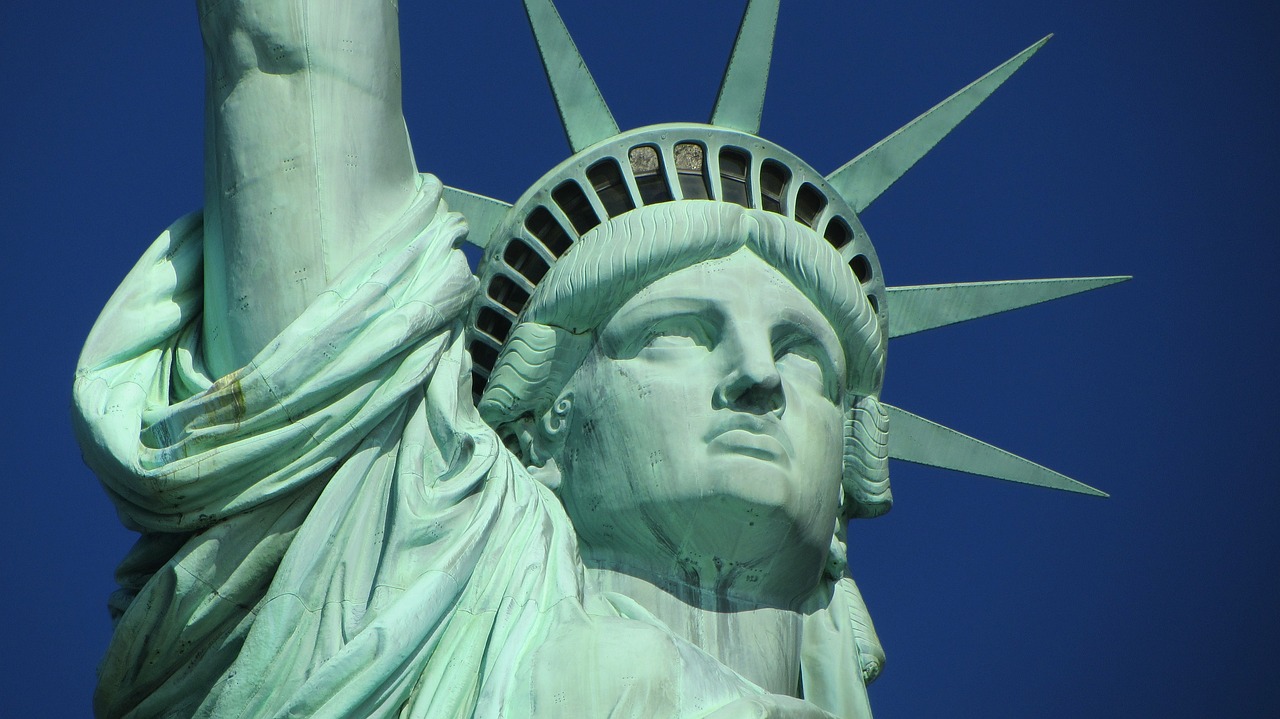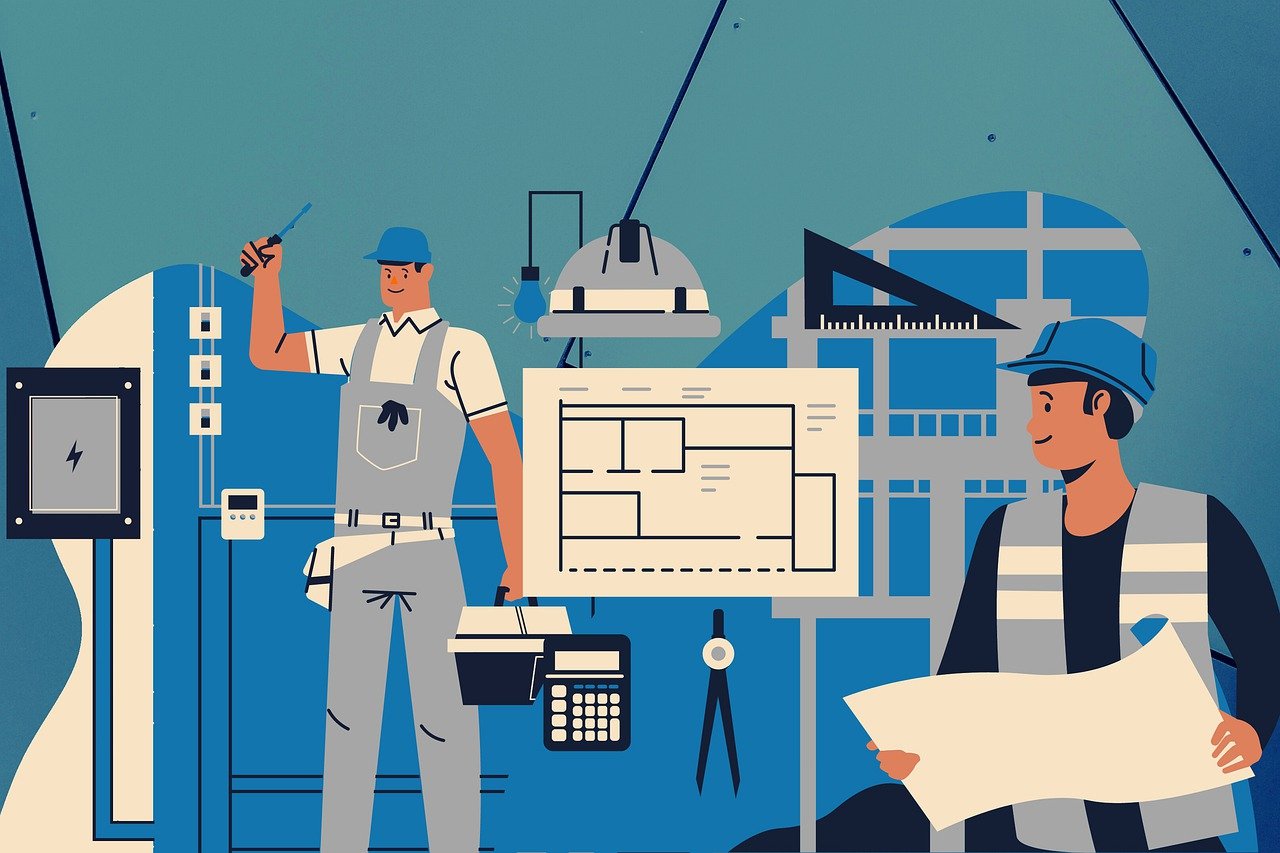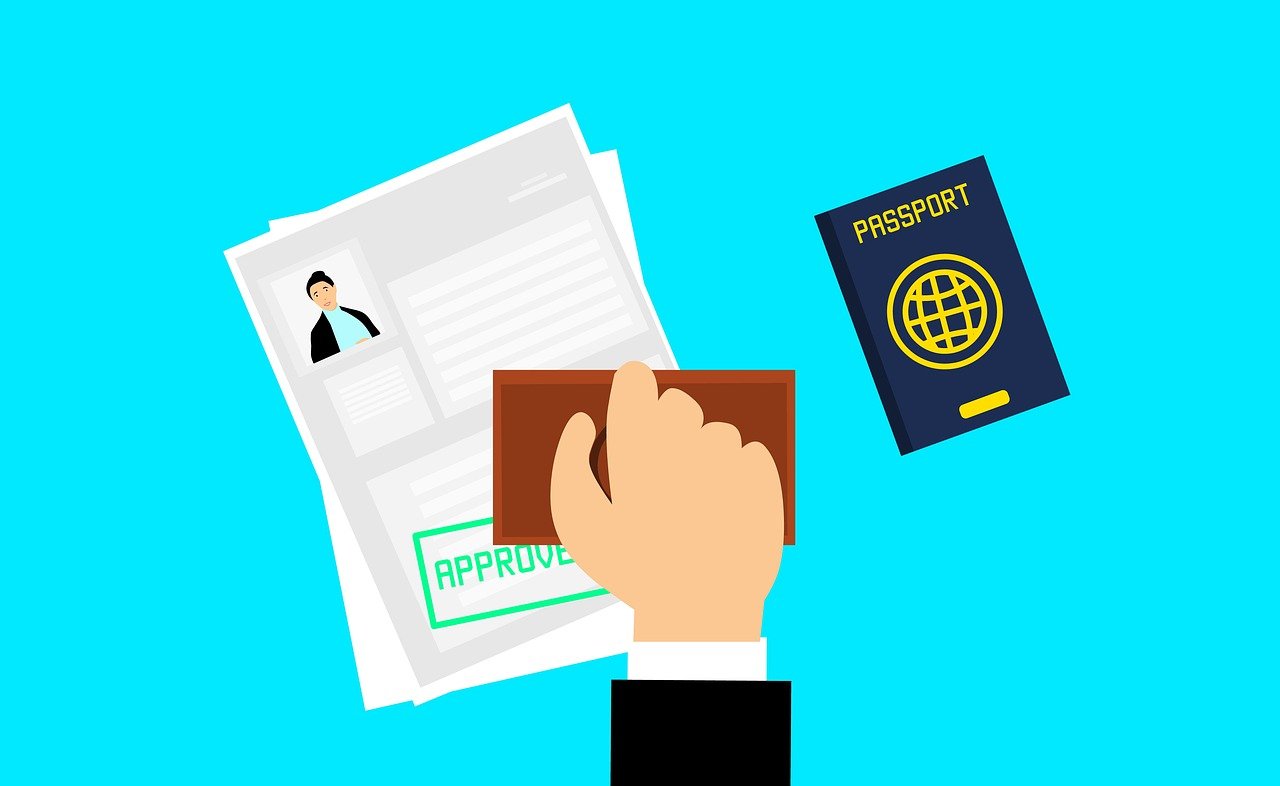In this blog post, we bring you an important announcement regarding the H-1B fiscal year (FY) 2025 cap season.
Today, April 1st the U.S. Citizenship and Immigration Services (USCIS) announced that it received sufficient electronic registrations during the initial registration period to meet the annual numerical limitations for the fiscal year (FY 2025), including for the advanced degree exemption (also known as the master’s cap).
Due to this, the agency has completed the H-1B visa lottery and selected unique beneficiaries at random from the properly submitted registrations to reach the H-1B cap.
As of today, April 1st USCIS has notified all prospective petitioners of their selection via their myUSCIS organizational accounts. Please be aware that only selected beneficiaries are eligible to file an H-1B cap-subject petition with USCIS.
Congratulations to all those who were selected!
How will I know if I was selected in the lottery?
Petitioners with selected registrations will have their myUSCIS online organizational accounts updated to include a selection notice, which includes details of when and where to file. If you submitted your electronic registration with the assistance of an attorney, you should contact your legal representative to determine whether you were selected in the randomized lottery and your next steps.
 Visa Lawyer Blog
Visa Lawyer Blog











